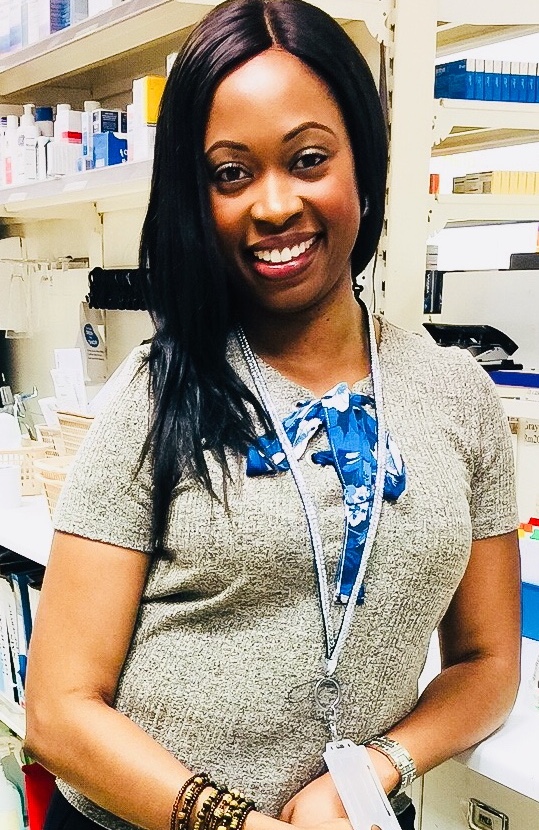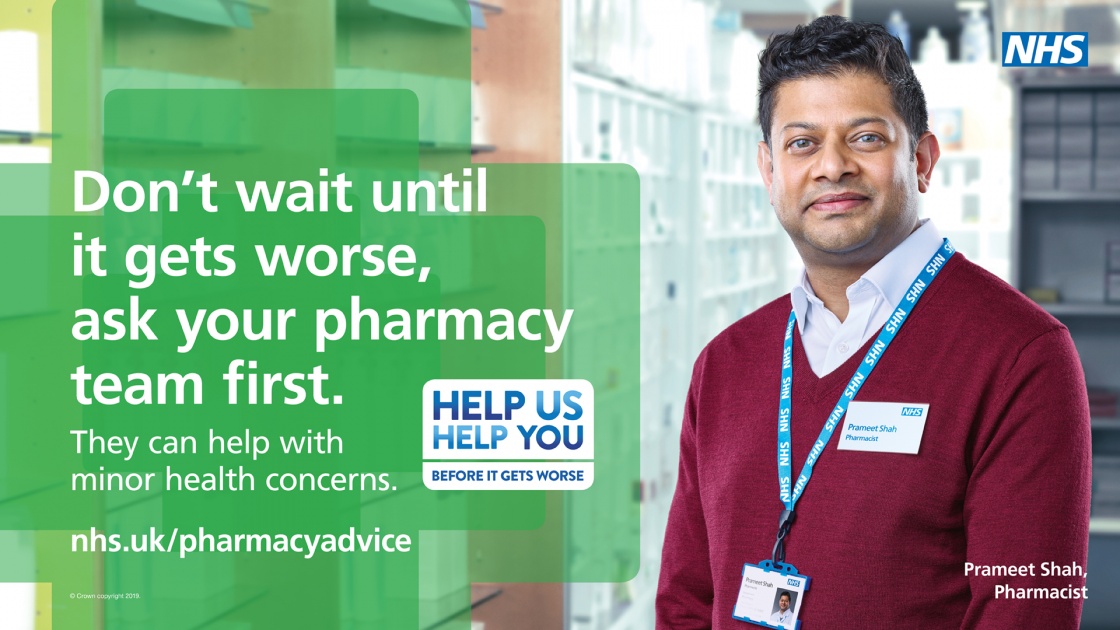We speak to Community Pharmacist Pome Knight from Essex to find out more about her role and how pharmacists can help people with minor health concerns.

How long have you been a Community Pharmacist and what inspired you to become one?
I have been a community pharmacist for ten years now. I was inspired to become a community pharmacist after my dad had a stroke. Sadly, he passed away a few years ago but since then I’ve made it my personal mission to speak up about the importance of living a healthy lifestyle. My role gives me a great opportunity to have face-to-face contact with people whom I can provide expert advice that makes a difference to their lives.
How much medical training does a Pharmacist receive?
A lot of people are surprised to find out that every pharmacist trains for five years in the use of medicines before they qualify and is also trained in managing minor illnesses and providing health and wellbeing advice to help people stay well.
What sort of problems can Pharmacists help with?
Community Pharmacists can help with a range of issues:
- We can provide clinical advice to people on the treatment of minor health concerns such as coughs, colds, sore throats, tummy troubles and aches and pains that don’t require a GP appointment.
- We check prescriptions for safety, appropriateness, and ensure people take their medicines safely whilst answering questions and providing support to patients with their medicines.
- We also provide vaccinations, such as flu vaccinations.
By following the expert advice of community pharmacists, you can help the NHS help you stay well; prevent an illness getting worse; take the best course of action; and get well again sooner.
Can a person see a Pharmacist without an appointment?
Yes, community pharmacists offer a convenient, quick way to obtain clinical advice on minor health concerns, and can consult with patients in the pharmacy’s private consultation room with no need to pre-book an appointment. Most people live within easy reach of a pharmacy and many offer extended opening hours in the evenings and at the weekends.

Do all pharmacies have private consultation rooms?
Over 90% of pharmacies across the country have a consultation room where you can request to talk to a member of the pharmacy team in private.
What if the health concern becomes more serious?
If symptoms suggest it’s something more serious, pharmacists have the right clinical training to make sure you get the help you need immediately and can refer patients to a GP or A&E where necessary.
Don’t wait for minor health concerns to get worse – speak to your local pharmacy team to get advice right there and then.
Help us, help you, before it gets worse.
Visit nhs.uk/pharmacyadvice for more information.
Kindly follow us on twitter:@AfricanVoice2










